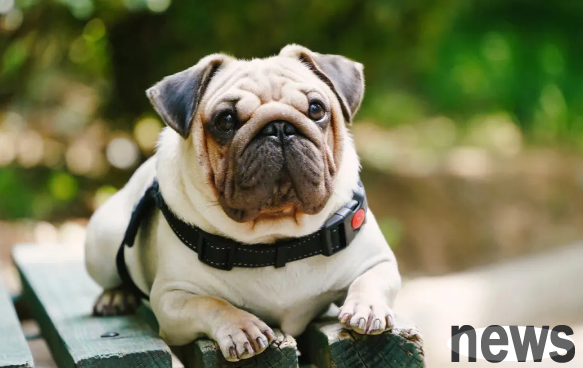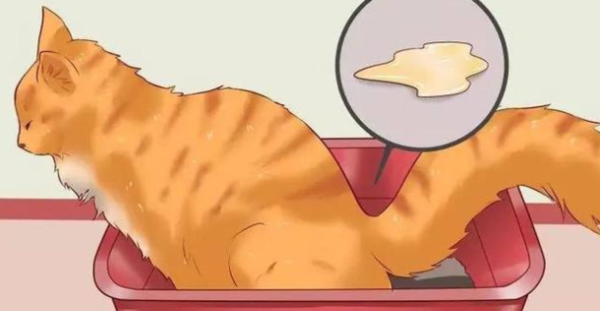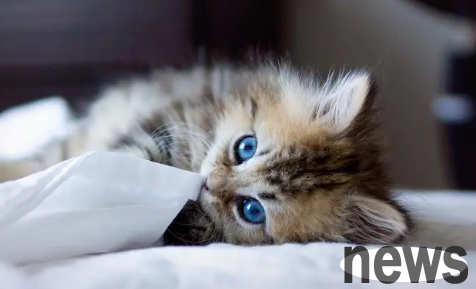Is it cystitis if a dog urinates frequently and urgently?
The pet has cystitis, frequent urination, and sucking everywhere, which is very troublesome. Cystitis refers to inflammation in the bladder mucosa and submucosa. It is mostly caused by pathogenic microorganism infection, characterized by painful frequent urination and large amounts of bladder epithelium, pus cells, and red blood cells in urinary sediments. The main groups are female dogs and female cats.
· Frequent urination/doing urination posture
· There are obvious pain symptoms when urinating
· Low urination/drop-like outflow
· Tummy urine, strong odor
· Mixed with a lot of mucus/blood/blood clots (even white blood cells)
· Pain when touching the bladder
· Fever, depression, loss of appetite, etc. (commonly affected in the later stages of tissue depths, which may be accompanied by nephritis or ureteritis)
How to diagnose?
· Urine examination
are divided into pyuria (when turbid), hematuria (brown and smelly), bacterial urine and fungal urine; when the four appear at the same time, it means that it is a urinary tract infection.
· Blood test
Cystitis generally has no increase in leukocytes and left shift of neutrophil nucleus; these changes can be different from pyelonephritis or prostatitis.

· X-ray examination
can diagnose complications such as urinary stones, tumors, urethral abnormalities, intravesive diverticulum and chronic cystitis.
If the dog suffers from repeated infections, microscopy of the urine sediment can be used to look for ultrasound scans of the crystals or bladder to check the possibility of stones, polyps and even cancer.
Treatment method:
· Improve diet
Feed high-quality foods that are non-stimulating and nutritious. Ensure sufficient and clean water sources and reduce the inhalation of high-protein foods.
· Clean the urination port
First, rinse repeatedly with normal saline, and then rinse with a medicinal solution, such as 0.1% potassium permanganate solution (or 2% boric acid solution, 0.02% furacillin solution), which can be used as disinfection treatment; 1%-2% alum solution (or tannin solution) can be used as relief.
Note: Chronic cystitis can be cleaned with 0.02%-0.1% silver nitrate solution.
· To control secondary infection/eliminate inflammation
Antibiotics, quinolones, sulfonamides and antifungal drugs can be used.
· Severe bleeding
Use systemic hemostatic drugs, such as adrenal chromostomy (Anluo blood) 0.1-0.3 mg/kg body weight, twice a day; or phenolsulfoethylamine (hemostatic sensitivity) 5-15 mg/kg body weight, twice a day, intramuscular injection.
Note: The above is only used as reference content. The specific medication conditions must be comprehensively diagnosed by the doctor and given a plan.

Prevent the appearance of cystitis:
· Regular defecation, long-term urination will only worsen bladder infection;
· Do not drink tap water directly
· Do not let the dog stay on the lawn for a long time, especially in dirty places
· Understand the health of the urinary subjects
· Clean up the miscellaneous hairs in the urinary mouth, and wipe with a warm towel after each defecation. Warm tips:
Parents need to pay attention to that if your baby shows new symptoms or still feels uncomfortable during the treatment process, please contact the doctor immediately, for recurrent cystitis; the dog's condition improves during the treatment period, and do not stop taking medication. Please complete the entire treatment process according to the doctor's advice. In addition, please pay attention to the hygiene of urination at all times.




